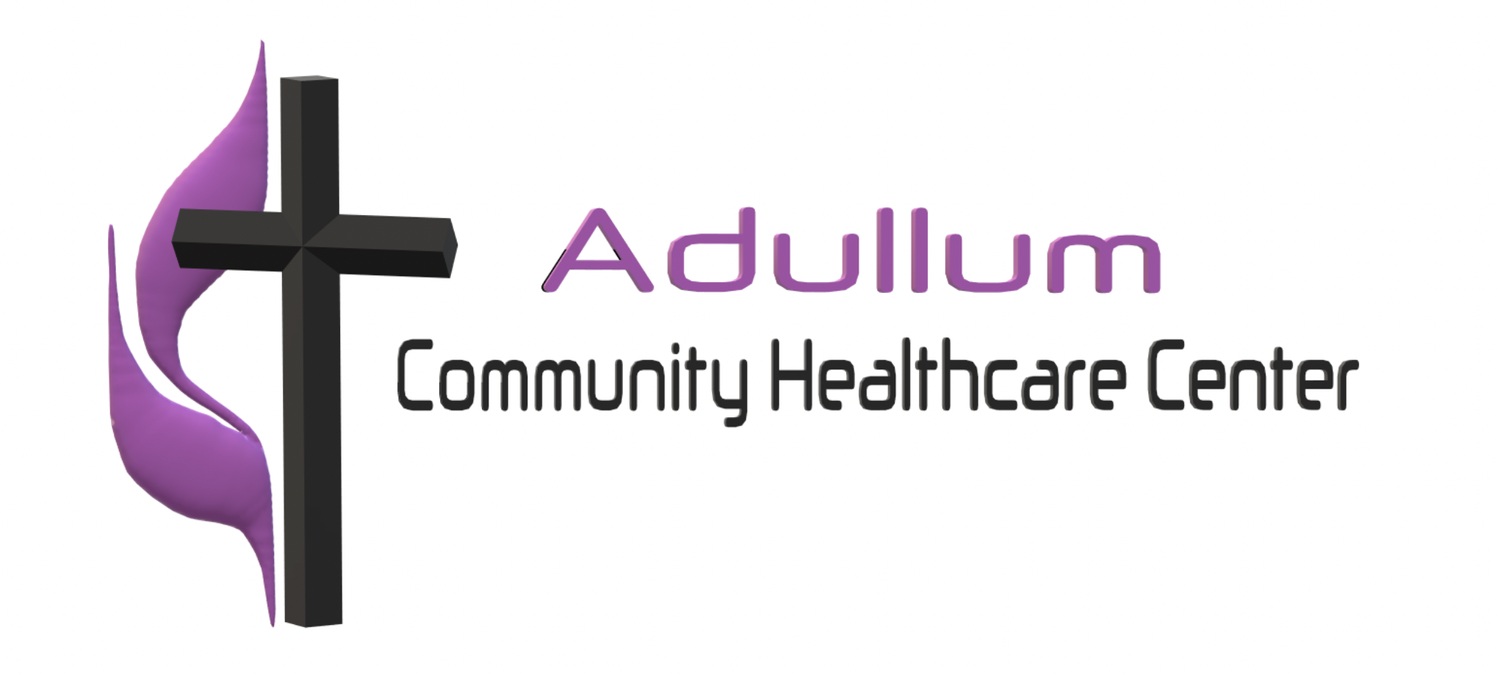Mental Health
Resources in Baltimore, MD for Mental Health
Call 988 offers emergency emotional support to residents in Baltimore City, Baltimore County, Howard County, and Carroll County. Can learn more about Call 988 here: https://988helpline.org/.
Here2Help Hotline ( 410-433-5175) for trained counselors who provide health and substance use information and referrals, supportive counseling, suicide crisis intervention, and adolescent crisis intervention. They are available 24 hours a day, 7 days a week.
Baltimore County Crisis Crisis Response System (410-931-2214) is a 24-hour crisis hotline serving Baltimore County staffed by mental health professionals who provide mental health crisis intervention and mobile crisis teams.
National Suicide Prevention Lifeline (1-800-273-8255)
1) Get regular exercise.
Just 30 minutes of walking every day can help boost your mood and improve your health. Small amounts of exercise add up, so don’t be discouraged if you can’t do 30 minutes at one time.
2) Eat healthy, regular meals and stay hydrated
A balanced diet and plenty of water can improve your energy and focus throughout the day. Also, limit caffeinated beverages such as soft drinks or coffee.
3) Make sleep a priority.
Stick to a schedule, and make sure you’re getting enough sleep. Blue light from devices and screens can make it harder to fall asleep, so reduce blue light exposure from your phone or computer before bedtime.
4) Try a relaxing activity.
Explore relaxation or wellness programs or apps, which may incorporate meditation, muscle relaxation, or breathing exercises. Schedule regular times for these and other healthy activities you enjoy such as journaling.
Examples of mental health apps: Moodkit, Talkspace, Headspace, iBreathe, MindShift CBT, Happify, Calm, etc.
5) Set goals and priorities.
Decide what must get done now and what can wait. Learn to say “no” to new tasks if you start to feel like you’re taking on too much. Try to be mindful of what you have accomplished at the end of the day, not what you have been unable to do.
6) Practice gratitude
Remind yourself daily of things you are grateful for. Be specific. Write them down at night, or replay them in your mind.
7) Focus on positively.
Identify and challenge your negative and unhelpful thoughts.
8) Stay connected.
Reach out to your friends or family members who can provide emotional support and practical help.
Part 1: Use NIH’s emotional wellness checklist to help manage your mental health.
Part 2


